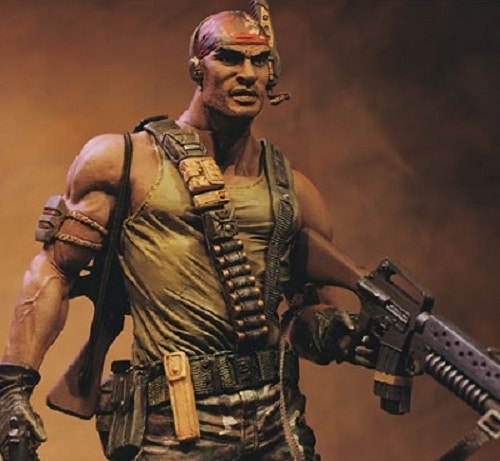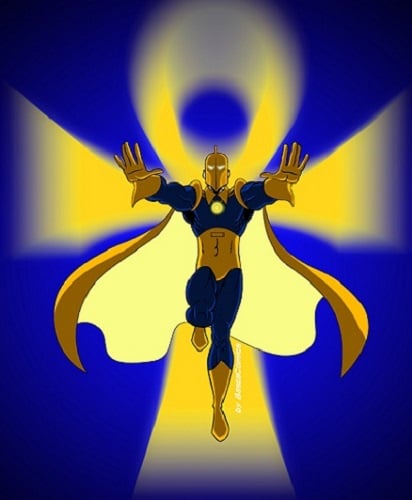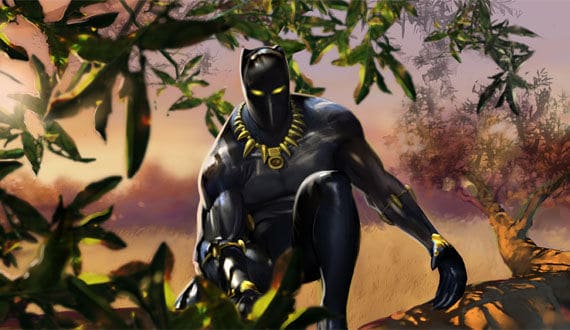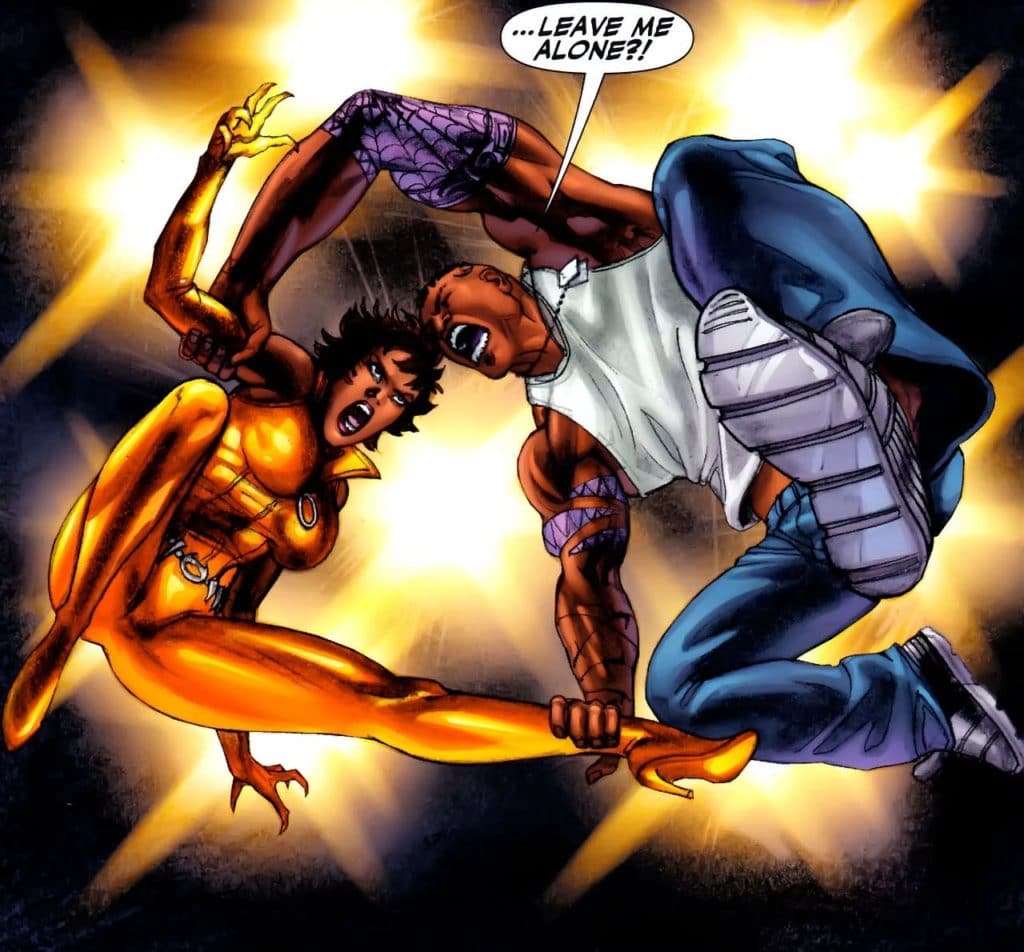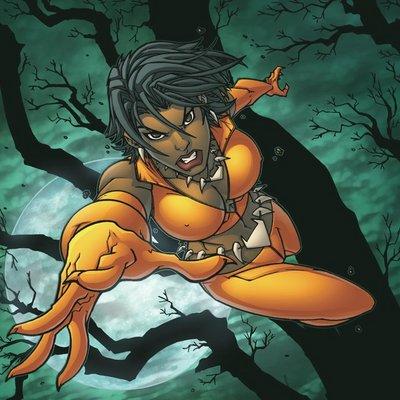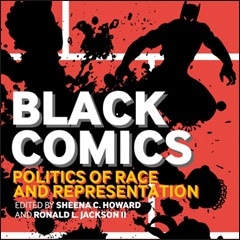Growing up Black and watching Saturday morning cartoons, watching sci-fi and superhero movies was oftentimes frustrating due to the lack of identification with the characters. Often we did not see ourselves portrayed as the superhero. Image is very important to children, and by not seeing superheroes who look like them and always being portrayed as white men has an effect on a child’s self-esteem.
However, to me it seemed that comic books were always a little more progressive than mainstream media. In fact, you can trace the rise of modern Black superheroes to the civil rights movement. For example, the X-Men characters of Professor Xavier and Magneto have even been compared to the Rev. Martin Luther King Jr. and Malcolm X. While comics have not been a bastion of diversity, they have offered us some great superheroes to identify with as young Black children, which in turn helped to inspire the next generation of artists to create even more Black superheroes. Today, there are literally hundreds of Black superheroes and heroines across all mediums with the most iterations coming in the form of comics. Here is a list of my top 10 superheroes.
10. Spawn (Al Simmons)
Spawn first appeared in 1992. A CIA agent devoted to black ops. Once there, he began to question the morality of what his agency was doing. Murdered by his partner in a blazing inferno, Simmons’ soul was sent to hell because he had knowingly killed innocents during his days in the CIA. Simmons made a deal to sell his soul in order to avenge his murder and see his wife. Spawn is ranked 60th on Wizard magazine’s list of the “Top 200 Comic Book Characters of All Time,” 50th on Empire magazine’s list of “The 50 Greatest Comic Book Characters” and 36th on IGN’s 2011 “Top 100 Comic Book Heroes.” Spawn was featured in an animated HBO series, a feature film and several video games.
9. Spider-Man (Miles Morales)
He first appeared as Spider-Man in August 2011. The inspiration for the character was taken from both U.S. President Barack Obama and American actor Donald Glover. Following the death of Peter Parker, a teenager of Black Hispanic descent, Morales, is the second Spider-Man in the Ultimate Marvel Universe. However Morales isn’t the character used for the Disney XD show Ultimate Spider–Man. However, he does appear in a third season storyline in which Parker travels through various parallel universes and encounters those dimensions’ versions of Spider-Man, including Morales, who is voiced by rapper/actor Glover. “Spider-Man” writer Brian Michael Bendis has stated that he favors incorporating Morales into the Spider-Man feature films. Miles Morales appears as a playable character in Marvel Super Hero Squad Online, Spider-Man Unlimited and Lego Marvel Super Heroes.

